
Roberta Lipson, Chair, The American Chamber of Commerce in China
Jan 17, 2025
In an era of growing tensions between the United States and China, Roberta Lipson brings a valuable perspective shaped by decades of experience across the two cultures. As an American who has spent nearly half a century in Beijing building a network of 11 hospitals and 25 clinics, Lipson understands the complex interplay between business, healthcare, and international relations. In this conversation with KJ Kerr of China-US Focus on the sidelines of the U.S.-China Hong Kong Forum in November, she speaks about her remarkable journey and offers thoughtful analysis on the future of bilateral relations amid uncertain political times.
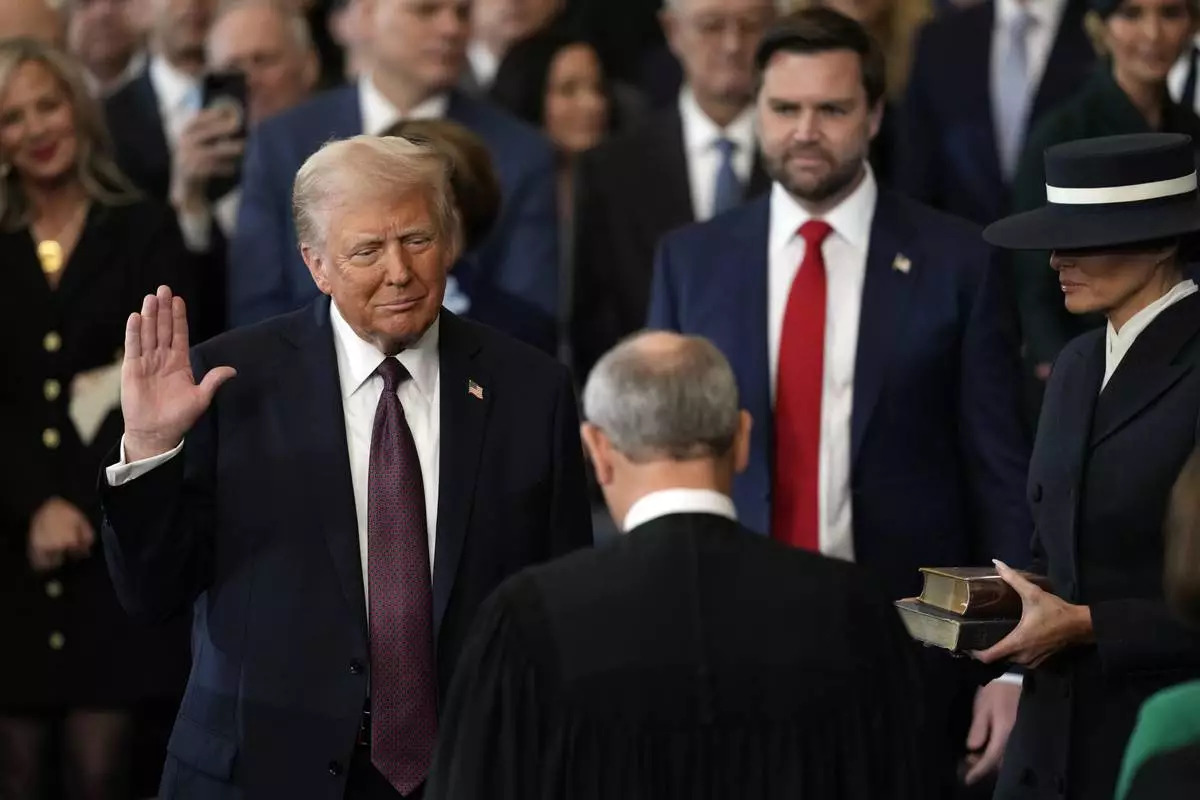
An Gang, Adjunct Fellow, Center for International Security and Strategy, Tsinghua University
Jan 17, 2025
For Trump and his supporters, the time has come for a domestic conservative revolution to merge with a global movement, with the ultimate goal of totally transforming the political landscape of the West. But while the crises Trump sparks may be unpredictable, they are not necessarily uncontrollable.
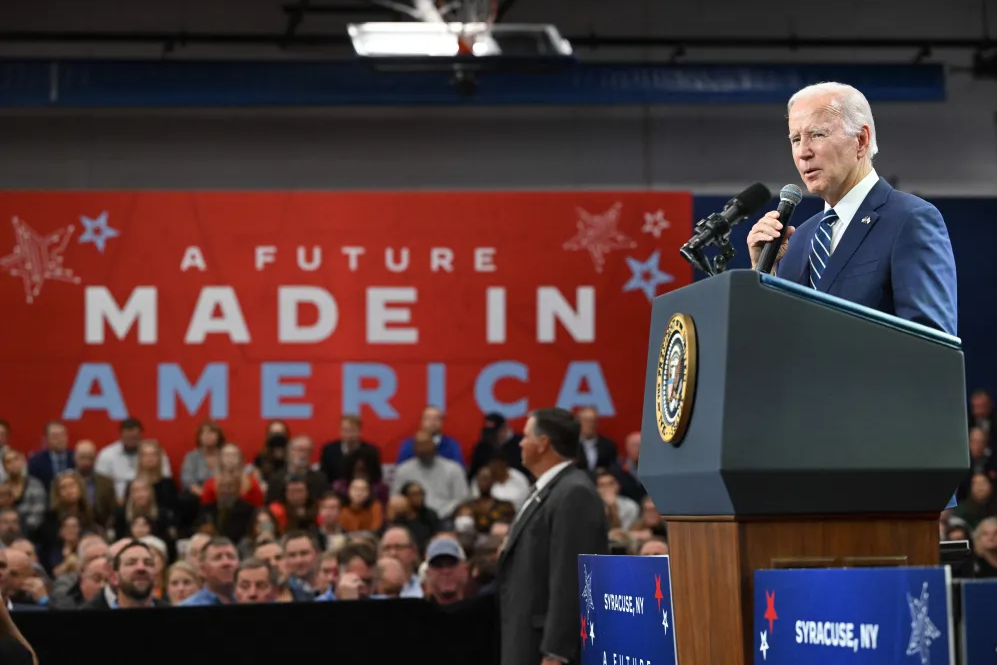
Zhu Feng, Director, Institute of International Studies, Nanjing University
Jan 15, 2025
Donald Trump is likely to seek a fresh start when he returns to the White House, creating an opportunity to build a healthy and sustainable China-U.S. relationship. The world is big enough for the two major powers to grow and prosper together and avoid veering into a vicious tech rivalry — or even a new cold war.
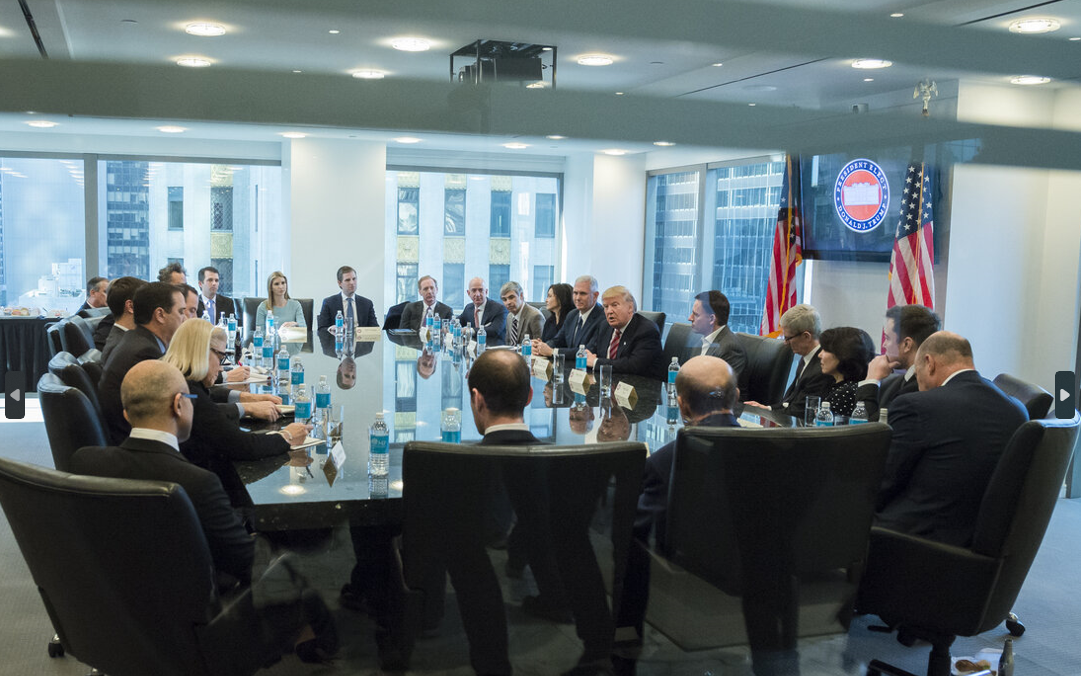
Li Zheng, Assistant Research Processor, China Institutes of Contemporary International Relations
Jan 13, 2025
The incoming administration in the United States is expected to intensify export controls on China and strengthen measures to block overseas markets for Chinese technology products. However, Donald Trump’s new team, steered by his pragmatic approach, may ease the pressure in some sectors.
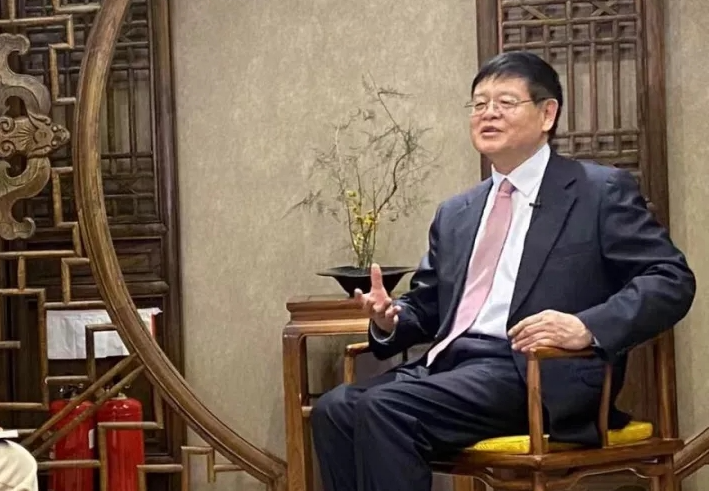
Wang Jisi, Professor at School of International Studies and Founding President of Institute of International and Strategic Studies, Peking University
Jan 13, 2025
At the beginning of the new year, China-US Focus interviewed Professor Wang Jisi of Peking University’s School of International Studies and founding president of the university’s Institute of International and Strategic Studies, about the potential scenarios of China-U.S. relations over the next four years.
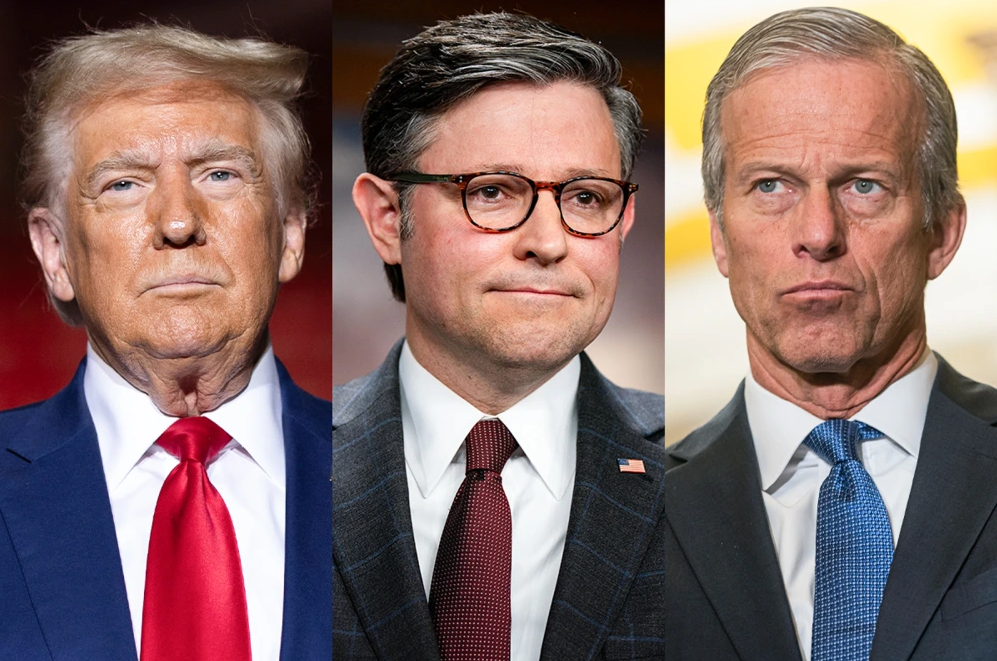
Li Yan, Deputy Director of Institute of American Studies, China Institutes of Contemporary International Relations
Jan 10, 2025
A resurgence of right-wing populism will feature prominently in Trump 2.0. And the rise of “effective accelerationism” espoused by tech elites will interact with it, ushering in more uncertainty. How these factors interact will likely determine the U.S. growth trajectory in the years ahead.
Warwick Powell, Adjunct Professor at Queensland University of Technology, Senior Fellow at Beijing Taihe Institute
Jan 07, 2025
The incoming U.S. president must move quickly to avoid being ensnared in the Ukraine debacle, with Russia winning the ground war. For Trump to get a prompt, positive reaction from Vladimir Putin, he needs to throw Europe under the bus and move on. Otherwise, the ultimate defeat won’t just be NATO’s. It will also be Trump’s.
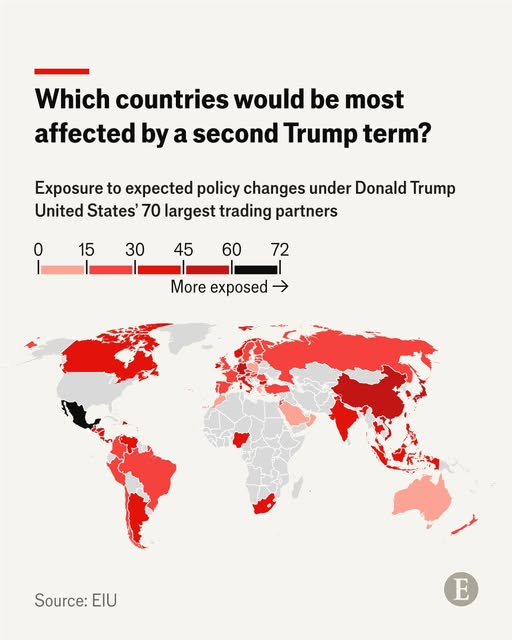
Han Liqun, Researcher, China Institutes of Contemporary International Relations
Jan 07, 2025
During his first campaign for office, Trump’s threat to impose tariffs on China was dismissed by many as a rhetorical flourish, not serious policy. Today, his threat to impose a 60 percent tariff on Chinese goods or revoking China’s most favored nation status must be regarded as credible and actionable.
Sun Chenghao, Fellow, Center for International Security and Strategy of Tsinghua University; Munich Young Leader 2025
Jan 03, 2025
Trump 2.0 is expected to be more mature than it was in Round 1. He will likely place greater emphasis on leadership and earning respect from other countries. If both sides commit to communication, managing differences and deepening cooperation, relations can find a new balance in a complex international environment.
Fernando Menéndez, Economist and China-Latin America observer
Dec 31, 2024
Trump's proposed tariffs on Chinese imports serve his nationalist base but ultimately act as a deceptive "shell game," shifting costs to American consumers and producers. While some industries may benefit short-term, the broader economy and middle-class Americans will ultimately bear the long-term consequences.